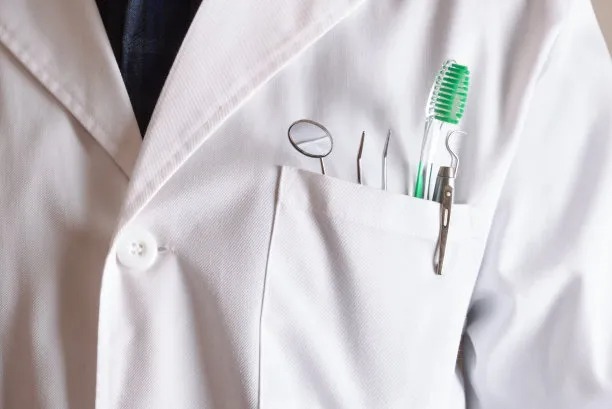Essential Guidelines and Precautions for Ensuring Success After Your Dental Filling Procedure
Summary: After completing a dental filling procedure, it is crucial to follow specific guidelines and precautions to ensure optimal healing and success. This article outlines essential steps to take immediately after your filling, dietary considerations, oral hygiene practices, and follow-up appointments. Each section provides valuable insights into maintaining the integrity of your dental work, minimizing discomfort, and promoting overall oral health. By adhering to these guidelines, you can ensure the longevity of your filling and a smoother recovery process.
1. Instructions Immediately After Your Filling

Immediately following your dental filling, its essential to adhere to the dentists post-operative instructions. Typically, your dentist will advise you to avoid eating or drinking for at least one hour. This waiting period allows your filling to set properly without interference, which is particularly important for composite fillings that require curing.
Moreover, if you received anesthesia during your procedure, you should be mindful of your mouths numbness. Avoid biting or chewing on that side until the anesthesia wears off completely. This precaution prevents unintentional injuries to your cheeks or tongue, which can lead to additional complications.
Additionally, consider any temporary sensitivity you might experience. This can include heightened sensitivity to temperature or pressure. If such sensations arise, gently manage them and avoid any extreme hot or cold beverages until the sensitivity subsides.
2. Dietary Considerations Post-Filling
Your diet plays a significant role in the success of your dental filling. After the procedure, its advisable to stick with soft foods for at least 24 hours. Options like yogurt, applesauce, and soups are gentle on the mouth and prevent unnecessary stress on the filling.
Avoid sticky, crunchy, or hard foods as they can dislodge the filling or cause discomfort. Items like chewing gum, popcorn, and nuts should be excluded from your diet during the initial healing period. Always chew on the opposite side of your mouth if you feel any residual discomfort.
Stay well-hydrated but choose lukewarm beverages instead of extremely cold or hot drinks. This will help you avoid triggering sensitivity in your recently treated tooth while ensuring you get the fluids you need for overall health.
3. Maintaining Oral Hygiene After the Procedure
Proper oral hygiene is crucial for the health and longevity of your dental filling. Though it may be tempting to skip brushing immediately after the procedure due to discomfort, you should gently resume your regular oral hygiene routine the next day. Using a soft-bristled toothbrush will help you maintain cleanliness without aggravating the area.
Flossing is equally important, but you should proceed with caution. When flossing around the filled tooth, do so gently to avoid displacing the filling. If youre unsure about your technique, consult your dentist for guidance.
Consider using an antiseptic mouthwash to aid in reducing bacteria in your mouth, especially if you are prone to dental issues. However, be sure to choose a mouthwash that is alcohol-free to avoid any potential irritation on your healing filling.
4. Importance of Follow-Up Appointments
After getting a dental filling, follow-up appointments with your dentist are essential for monitoring the success of the procedure. These visits provide an opportunity for your dentist to assess the filling, ensuring it remains properly intact and effectively bonded to your tooth.
If you experience persistent pain or discomfort beyond the initial days after your filling, it is critical to reach out to your dentist. Ignoring these symptoms can lead to complications such as infection or further decay.
During follow-up visits, your dentist can also provide advice tailored to your specific needs and make any adjustments necessary to improve comfort and functionality, ensuring your dental filling serves you well for years to come.
Summary:
Following a dental filling procedure, proper care and attention are crucial for ensuring a successful recovery. By adhering to immediate post-operative instructions, being mindful of your diet, maintaining good oral hygiene, and attending follow-up appointments, you can significantly enhance the longevity of your filling. Remember, good dental care is not just about treatment but also about prevention and maintenance.
This article is compiled by Vickong Dental and the content is for reference only.



